Why We Exist
We Build Entrepreneurs. Not Companies.
Our World View & Vision
"Entrepreneurship is not just about new company, capital and job formation, nor innovation, nor creativity, nor breakthroughs. It is also about fostering an ingenious human spirit and improving humankind."
- Jeffry Timmons (the late) Jeffry Timmons (1941 - 2008) was an American Professor of Entrepreneurship, known to pioneer both entrepreneurship research and education
“Fostering the ingenious human spirit” – this is what we are passionate and excited about in Entrepreneurship-the human spirit. We want to unlock the entrepreneurial spirit in everyone.
Our Mission
To Build Effectual Entrepreneurs. We aim to do this by :

Advancing the Entrepreneurial Method & Practice.

Creating Entrepreneurs of all types.

Making Entrepreneurship Education available to everyone.
Effectual entrepreneurs typically use a non-linear, flexible approach that focuses on leveraging existing resources, embracing uncertainty and adapting to changing circumstances. This contrasts with the more traditional, linear approach that emphasises planning, forecasting and goalsetting to achieve predetermined outcomes.
The Effectual Model of Entrepreneurship or Effectuation was developed by Professor Dr. Saras D. Sarasvathy.
The Effectual Model of Entrepreneurship or Effectuation was developed by Professor Dr. Saras D. Sarasvathy.
What is Effectuation?
01

Effectuation: A Simple Guide
Effectuation is a way of thinking about entrepreneurship developed by Professor Dr. Saras D. Sarasvathy. Instead of starting with a clear goal and a detailed plan, effectuation begins with what you already have and focuses on what you can do with it.
02

Key Principles of Effectuation
- Start with Your Means: Use your skills, knowledge, and connections to create opportunities. Think about who you are, what you know, and who you know.
- Affordable Loss: Instead of aiming for big returns, consider what you can afford to lose. This way, you limit your risk and can take more manageable steps.
- The Crazy Quilt: Collaborate with people who are willing to join your journey. These partnerships help shape your project and bring in new ideas and resources.
- Lemonade Principle: View unexpected events as opportunities. Instead of seeing surprises as problems, use them to your advantage and adapt your plans.
- Pilot in the Plane: Concentrate on actions within your control rather than trying to predict the future. Believe that your actions can shape the future.
03

Why Effectuation is Useful
Effectuation is a practical approach for dealing with the uncertainties of starting and running a business. By focusing on what you have, taking manageable risks, collaborating with others, and adapting to surprises, you can create value and innovate even in unpredictable situations. This method emphasizes action, flexibility, and building opportunities together with others, making it a powerful approach for anyone interested in entrepreneurship.
OUR PROGRAMS
Our Programs
"Entrepreneurship is neither science nor art. It is a practice."
- PETER DRUCKER
Our Approach
We teach entrepreneurship as a Method, not as a Process, which is a common approach in many programs today.
Method vs. Process
What's the Difference?
Method
Method is a collection of skills and techniques that help participants develop practices encouraging them to think and act entrepreneurially.
VS
Process
Process implies that following a set sequence of steps will yield a predictable, desired outcome.
A method endures through significant and rapid changes in the environment. It focuses on developing the mind—the inner game—rather than solely the outer game.
We aim to put an end to the question, “Can Entrepreneurship be Taught?” As Peter Drucker famously stated in 1985, “Entrepreneurship is not magic, it is not mysterious, and it has nothing to do with genes. It is a discipline. And, like any discipline, it can be learned.”
We aim to put an end to the question, “Can Entrepreneurship be Taught?” As Peter Drucker famously stated in 1985, “Entrepreneurship is not magic, it is not mysterious, and it has nothing to do with genes. It is a discipline. And, like any discipline, it can be learned.”
What We Offer
Our Team
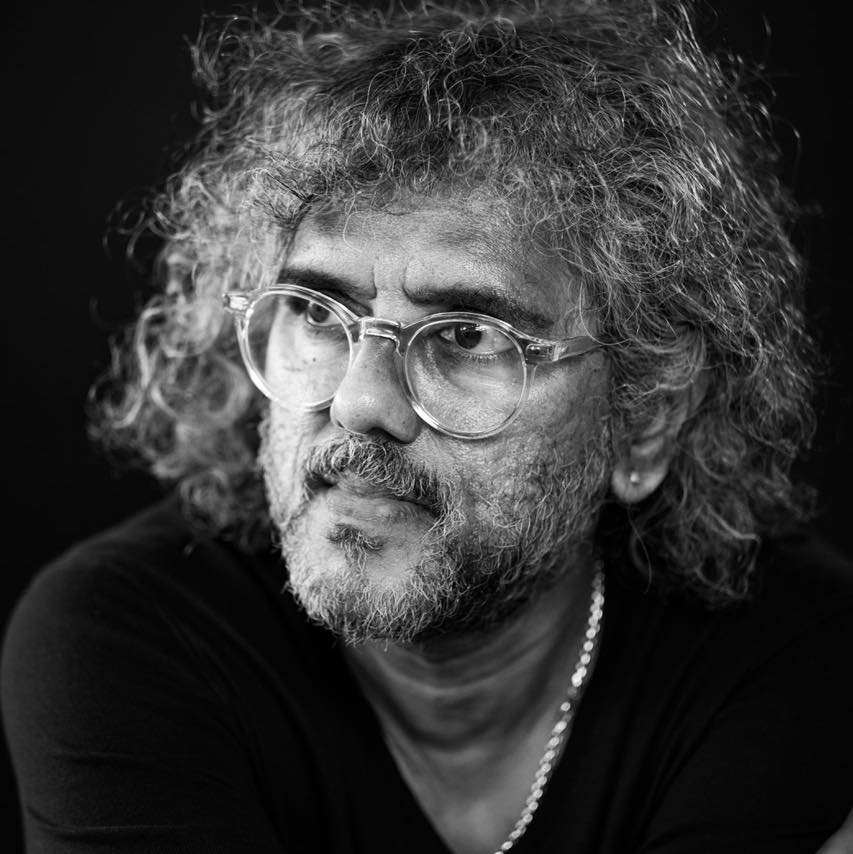
Founder | Ecosystem Builder | Mentor
Dash Dhakshinamoorthy
Dash is one of the earliest fire-starters in the startup ecosystem in Malaysia and South East Asia. Dash’s involvement in the local and regional startup ecosystem began in the early 2000s. Over the years Dash has mentored, invested in, designed and organized many cool programs and events that has brought the startup ecosystem together and helped further ignite the entrepreneurial enthusiasm and energy in young Malaysians to want to become venture creators. Through some of his programs, Dash has played a pivotal role in helping Malaysian entrepreneurs connect to the global entrepreneurship community.
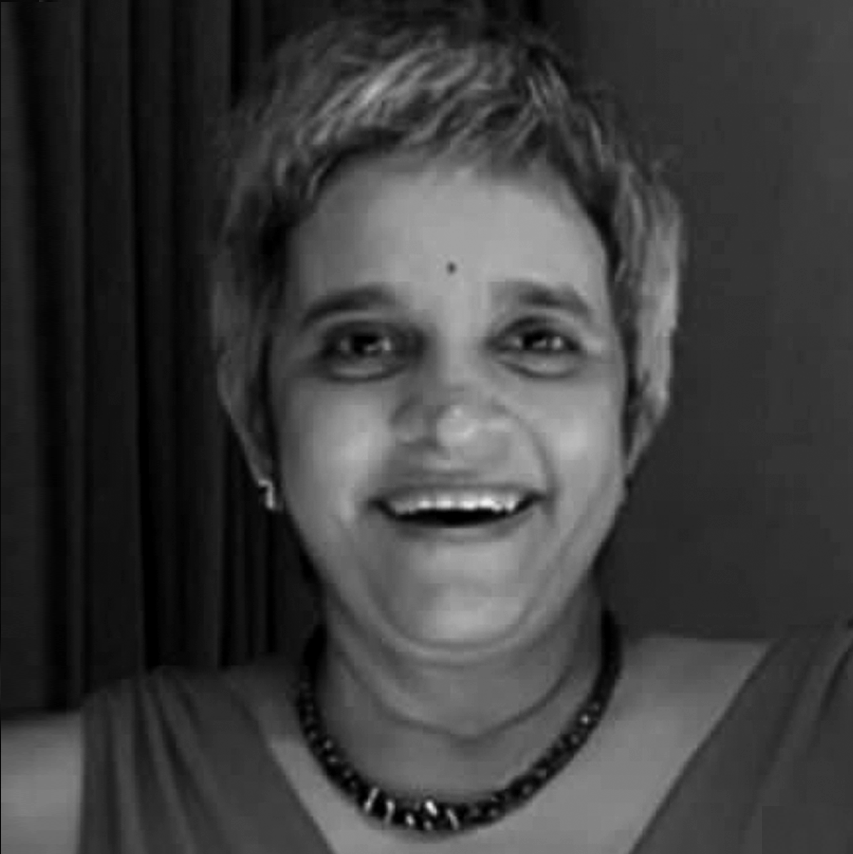
Co-Creator | Director – Initiatives : Projects
Vani Mahadevan
A Certified Public Accountant (CPA) from Australia and Malaysia, Vani started her career with Ernst & Young (EY) Kuala Lumpur. Vani took the entrepreneurial plunge 25 years ago by setting up her own consulting firm that advised small businesses on their growth strategy. She also later expanded the firm to provide financial and tax advisory and secretarial services. Vani sold her firm after 10 years. Since her exit from the firm, Vani has been actively involved both as a founder and co-founder of several ventures including Startup Malaysia where she played a pivotal role in the company’s growth and program design and delivery.

Program
Director
Director
Emily Barner
Cross-Cultural Management and speaks English, French and Malay. With over 25 years of experience in developing and carrying out programs designed to make an impact, she started her career in the Canadian Department of Foreign Affairs and came to Kuala Lumpur as the Executive Director of the Malaysia Canada Business Council. She went on to work on designing and running Corporate Social Responsibility programs for large corporations, as well as developing initiatives to inspire, create and connect entrepreneurs across Malaysia to a global ecosystem through various programs including Global Entrepreneurship Week, Startup Weekend, especially focused on women, social, youth and tech.

Program
Manager
Manager
Nadhirah Mustafa
Nadhirah is from an audit, finance and accounting background. In 2013, she took a leap of faith and joined StartupMalaysia – a company that provides programs to help build an entrepreneurial mindset. She has overseen a portfolio of programs aimed at creating more entrepreneurial youth in Malaysia over the years. Through her work, Nadhirah has been fortunate to impact people’s lives through the programs she has managed which include entrepreneurship training for over 10,000 youth nationwide. She has also worked on programs involving rural school children as well as regional social entrepreneurs. Nadhirah has also trained and mentored many university students and startups whilst building strong network with various government agencies, universities, NGOs and corporates through collaborative initiatives.
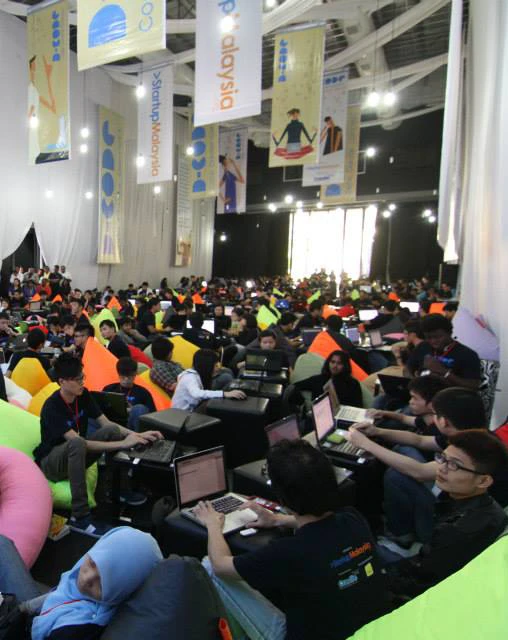
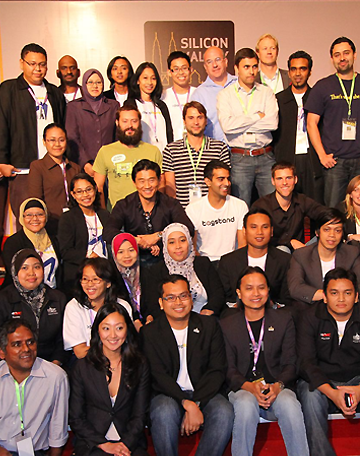
Our Story
The story of StartupMalaysia is intertwined with the development of the startup and entrepreneurship ecosystem in Malaysia which in turn is in line with the global explosion in entrepreneurial endeavours that started in the late 1990s and continues till today.
The Malaysian Startup Ecosystem and our Role in it
- A Brief History The Early Days - Late 1990s & early 2000s
The 1990s were a time of tremendous economic growth for Malaysia. As one of the "Asian Tigers," the nation experienced rapid industrialization and economic expansion, driven by exports of electronics, electrical goods, and palm oil.
The Malaysian Startup Ecosystem and our Role in it
- A Brief History The Early Days - Late 1990s & early 2000s
The 1990s were a time of tremendous economic growth for Malaysia. As one of the "Asian Tigers," the nation experienced rapid industrialization and economic expansion, driven by exports of electronics, electrical goods, and palm oil.
Amidst this growth, the then Prime Minister Mahathir Muhammad set his sights on transforming Malaysia into a fully developed nation by 2020. Central to this vision was the transition to a knowledge-based economy, marked by the launch of the Multimedia Super Corridor (MSC) in 1996. The MSC aimed to attract global tech companies with incentives like tax breaks, laying the groundwork for Malaysia’s digital future.
Whilst the government set its sights on bringing the global players to Malaysia, there was a growing gap in developing local talents, especially the entrepreneurial talent. Tech entrepreneurship was still in its very nascent stage. The ecosystem was almost non-existent, with little support and a small community of tech entrepreneurs.
Early-stage funding was scarce, and the Venture Capital industry was at its infancy. Most startups relied on bootstrapping or personal networks for funding. Moreover, there was a glaring lack of entrepreneurship education, mentorship, and guidance.
Whilst the government set its sights on bringing the global players to Malaysia, there was a growing gap in developing local talents, especially the entrepreneurial talent. Tech entrepreneurship was still in its very nascent stage. The ecosystem was almost non-existent, with little support and a small community of tech entrepreneurs.
Early-stage funding was scarce, and the Venture Capital industry was at its infancy. Most startups relied on bootstrapping or personal networks for funding. Moreover, there was a glaring lack of entrepreneurship education, mentorship, and guidance.
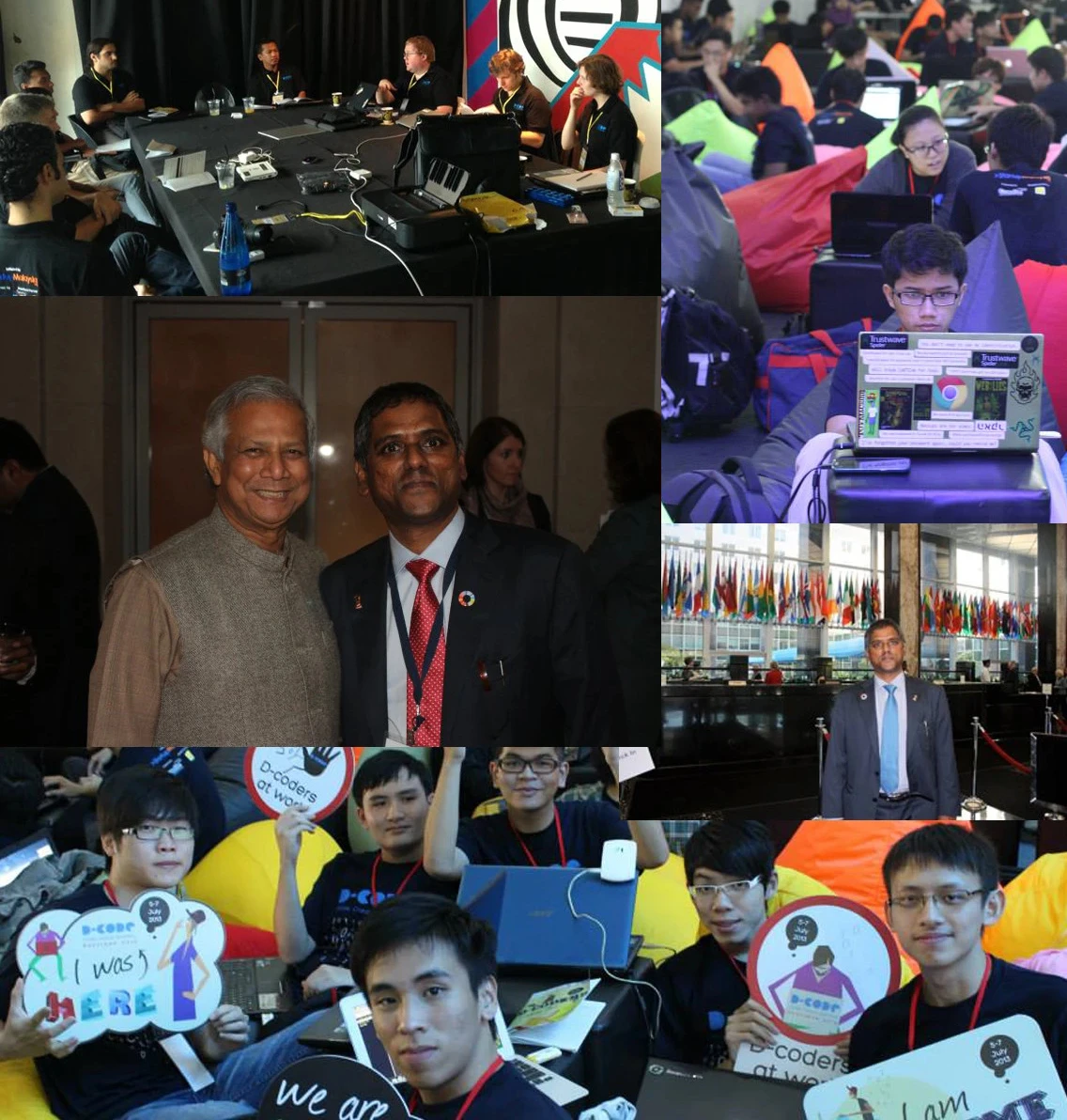
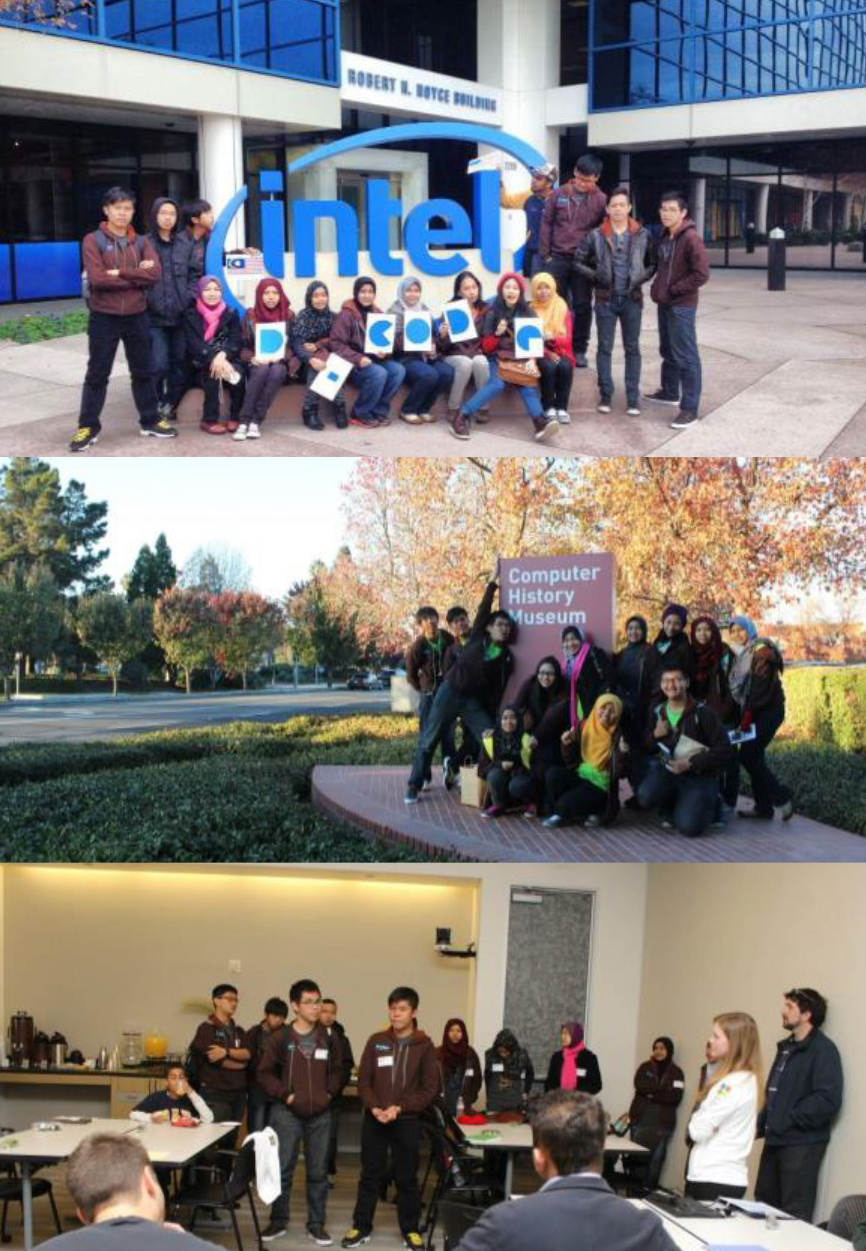
Organizations like The Technopreneurs Association of Malaysia (TeAM) emerged to bridge the gap between entrepreneurs and the government, advocating for policies to spur entrepreneurial growth.
In response to some of these initiatives the government began to take proactive measures. The Cradle Fund, established in 2003, began providing seed funding to early-stage companies, while MAVCAP (Malaysia Venture Capital Management Berhad) focused on later-stage ventures. Universities also started to introduce entrepreneurship courses, and startup incubators began to appear, providing much-needed support for the few entrepreneurs that were emerging.
During this time, notable Malaysian tech startups like Jobstreet.com, MOL Global, and iPay88 began to make their mark.
There were several initiatives by some private players and the government to spur entrepreneurship. The Malaysian Development Corporation or MDEC was already organizing business plan competitions to inspire and spur new ventures.
But the ecosystem was still in need of a catalyst—a spark to ignite momentum and build a critical mass of new entrepreneurs starting new ventures.
In response to some of these initiatives the government began to take proactive measures. The Cradle Fund, established in 2003, began providing seed funding to early-stage companies, while MAVCAP (Malaysia Venture Capital Management Berhad) focused on later-stage ventures. Universities also started to introduce entrepreneurship courses, and startup incubators began to appear, providing much-needed support for the few entrepreneurs that were emerging.
During this time, notable Malaysian tech startups like Jobstreet.com, MOL Global, and iPay88 began to make their mark.
There were several initiatives by some private players and the government to spur entrepreneurship. The Malaysian Development Corporation or MDEC was already organizing business plan competitions to inspire and spur new ventures.
But the ecosystem was still in need of a catalyst—a spark to ignite momentum and build a critical mass of new entrepreneurs starting new ventures.
The Catalyst: Global Entrepreneurship Week and Beyond
One of the key catalysts during this period was the introduction of the Global Entrepreneurship Week (GEW) in 2008 to Malaysia by Dash, the founder of StartupMalaysia.
Global Entrepreneurship Week (GEW), founded by Kauffman Foundation and Enterprise UK in 2008, is an annual, global event that celebrates entrepreneurship and innovation. Held every November, GEW aims to “birth” new entrepreneurs through various activities and initiatives. The weekly event is celebrated in individual countries through a network of events organized by local partners, including universities, NGOs, and businesses, who host various activities tailored to their communities. The goal is to foster a culture of entrepreneurship, connect participants with resources and opportunities, and promote the role of entrepreneurs in driving economic growth and societal well-being.
Dash spearheaded GEW as a platform to build an entrepreneurial culture in the country weaving it into activities in schools, universities and communities in collaboration with various local partners. Dash and his team organized and co-created various events with partners nationwide. It was one of the earliest successful efforts in co-creation and collaboration.
One of the key catalysts during this period was the introduction of the Global Entrepreneurship Week (GEW) in 2008 to Malaysia by Dash, the founder of StartupMalaysia.
Global Entrepreneurship Week (GEW), founded by Kauffman Foundation and Enterprise UK in 2008, is an annual, global event that celebrates entrepreneurship and innovation. Held every November, GEW aims to “birth” new entrepreneurs through various activities and initiatives. The weekly event is celebrated in individual countries through a network of events organized by local partners, including universities, NGOs, and businesses, who host various activities tailored to their communities. The goal is to foster a culture of entrepreneurship, connect participants with resources and opportunities, and promote the role of entrepreneurs in driving economic growth and societal well-being.
Dash spearheaded GEW as a platform to build an entrepreneurial culture in the country weaving it into activities in schools, universities and communities in collaboration with various local partners. Dash and his team organized and co-created various events with partners nationwide. It was one of the earliest successful efforts in co-creation and collaboration.
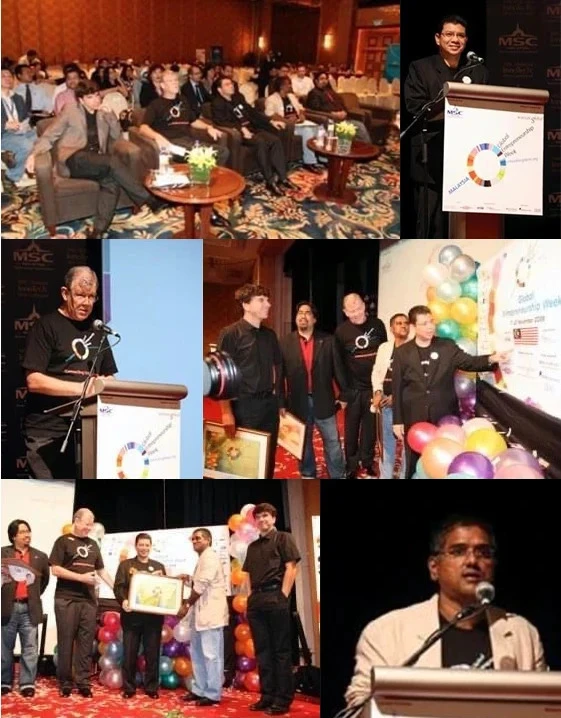
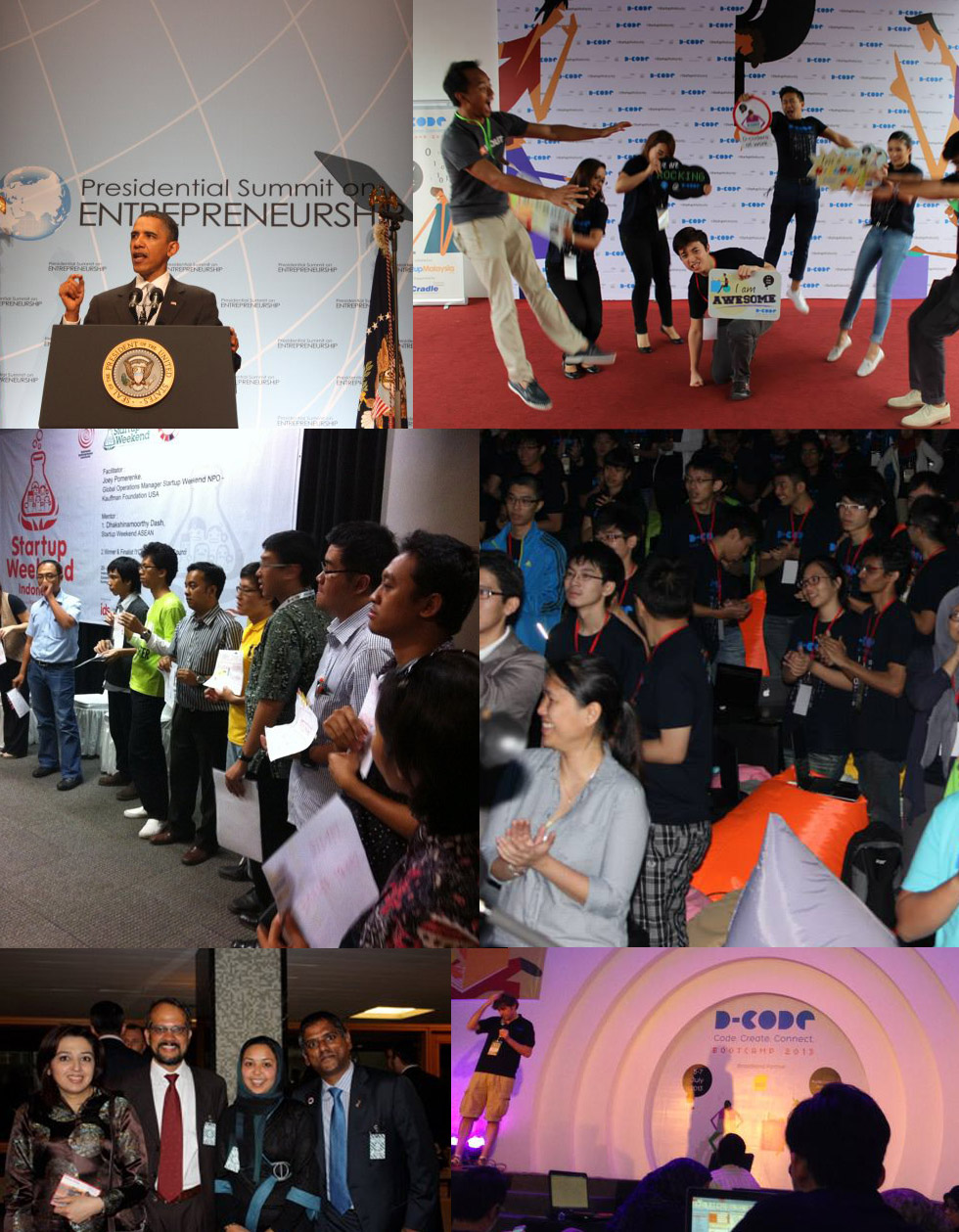
As an accomplished entrepreneur himself, Dash believed and continues to believe that the creation of more entrepreneurs will result in the emergence of more successful companies, regardless of the number of failures an entrepreneur encounters in his journey.
Through GEW, Dash, at the nascent stage of the ecosystem successfully brought together government agencies and the private sector into a collective movement to create an entrepreneurial culture and inspire youth to embrace entrepreneurship.
The Malaysian effort, led by Dash and his team and supported by the various partners in Malaysia, was acknowledged by the Obama Administration. For his efforts Dash was invited by the President for the inaugural Global Entrepreneurship Summit in Washington DC in 2010 and was also awarded the prestigious IVLP (International Visitor Leadership Program) fellowship in Entrepreneurship by the US State Department.
During his trip to the US in 2010, Dash made many connections with various entrepreneurs, mainly in the Silicon Valley. Upon his return to Malaysia, Dash launched StartupMalaysia to further support the growth of the Malaysian entrepreneurship and startup ecosystem.
Note : Dash wrote a series of blogposts when he was building or bringing the startup ecosystem together. The blog is here : https://unleashingideasdash.blogspot.com/2008_09_17_archive.html
Through GEW, Dash, at the nascent stage of the ecosystem successfully brought together government agencies and the private sector into a collective movement to create an entrepreneurial culture and inspire youth to embrace entrepreneurship.
The Malaysian effort, led by Dash and his team and supported by the various partners in Malaysia, was acknowledged by the Obama Administration. For his efforts Dash was invited by the President for the inaugural Global Entrepreneurship Summit in Washington DC in 2010 and was also awarded the prestigious IVLP (International Visitor Leadership Program) fellowship in Entrepreneurship by the US State Department.
During his trip to the US in 2010, Dash made many connections with various entrepreneurs, mainly in the Silicon Valley. Upon his return to Malaysia, Dash launched StartupMalaysia to further support the growth of the Malaysian entrepreneurship and startup ecosystem.
Note : Dash wrote a series of blogposts when he was building or bringing the startup ecosystem together. The blog is here : https://unleashingideasdash.blogspot.com/2008_09_17_archive.html
StartupMalaysia Ver 1.0 : Landmark Events to spur the Entrepreneurial Spirit 2011 - 2013
StartupMalaysia was launched with a vision to airlift the Malaysian ecosystem, to support entrepreneurs in their quest to build new tech companies and also to support the government’s initiatives towards entrepreneurship.
StartupMalaysia was officially launched in 2011 with a never been done before event called the Silicon Valley Comes to Malaysia.
For the first time in Malaysia 17 tech entrepreneurs from Silicon Valley (Valley) made their way to Kuala Lumpur. Amongst them were the co-founders of YouTube (Jawed Karim), LinkedIn (Konstantin Guericke), AngelList (Naval Ravikant), one of the first investors of Uber (Paul Bragiel) and Rebeca Hwang from Stanford.
The event was attended by 1,000 aspiring entrepreneurs. For the first time, Malaysian youth were able to mingle and be inspired by the tech entrepreneurs from the Valley. 100 entrepreneurs from the 1,000 were selected based on their ideas for a special bootcamp conducted by the founders from the Valley and from the 100, 10 were selected to spend a month in the Valley connecting with various other founders, funders and had the opportunity to immerse themselves in the Valley culture. The program was groundbreaking for Malaysia in more ways than one.
StartupMalaysia was launched with a vision to airlift the Malaysian ecosystem, to support entrepreneurs in their quest to build new tech companies and also to support the government’s initiatives towards entrepreneurship.
StartupMalaysia was officially launched in 2011 with a never been done before event called the Silicon Valley Comes to Malaysia.
For the first time in Malaysia 17 tech entrepreneurs from Silicon Valley (Valley) made their way to Kuala Lumpur. Amongst them were the co-founders of YouTube (Jawed Karim), LinkedIn (Konstantin Guericke), AngelList (Naval Ravikant), one of the first investors of Uber (Paul Bragiel) and Rebeca Hwang from Stanford.
The event was attended by 1,000 aspiring entrepreneurs. For the first time, Malaysian youth were able to mingle and be inspired by the tech entrepreneurs from the Valley. 100 entrepreneurs from the 1,000 were selected based on their ideas for a special bootcamp conducted by the founders from the Valley and from the 100, 10 were selected to spend a month in the Valley connecting with various other founders, funders and had the opportunity to immerse themselves in the Valley culture. The program was groundbreaking for Malaysia in more ways than one.
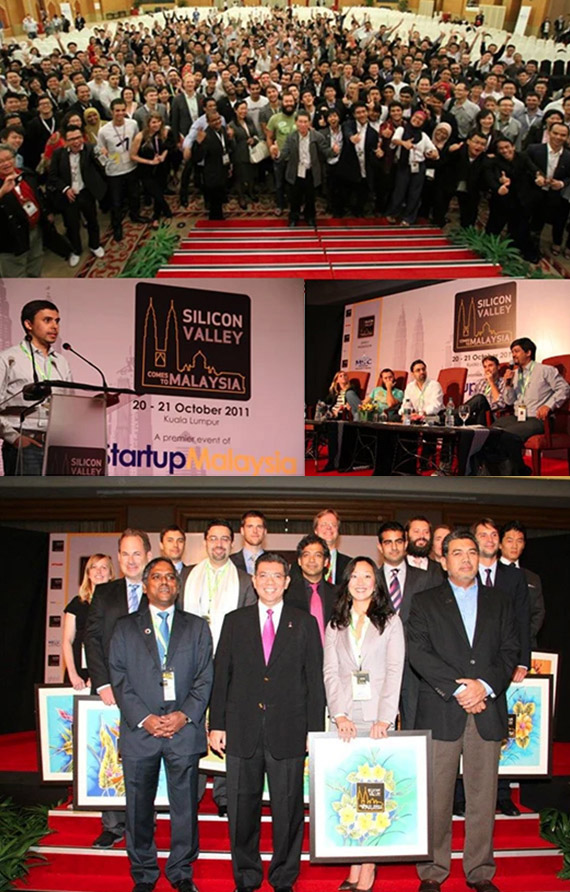
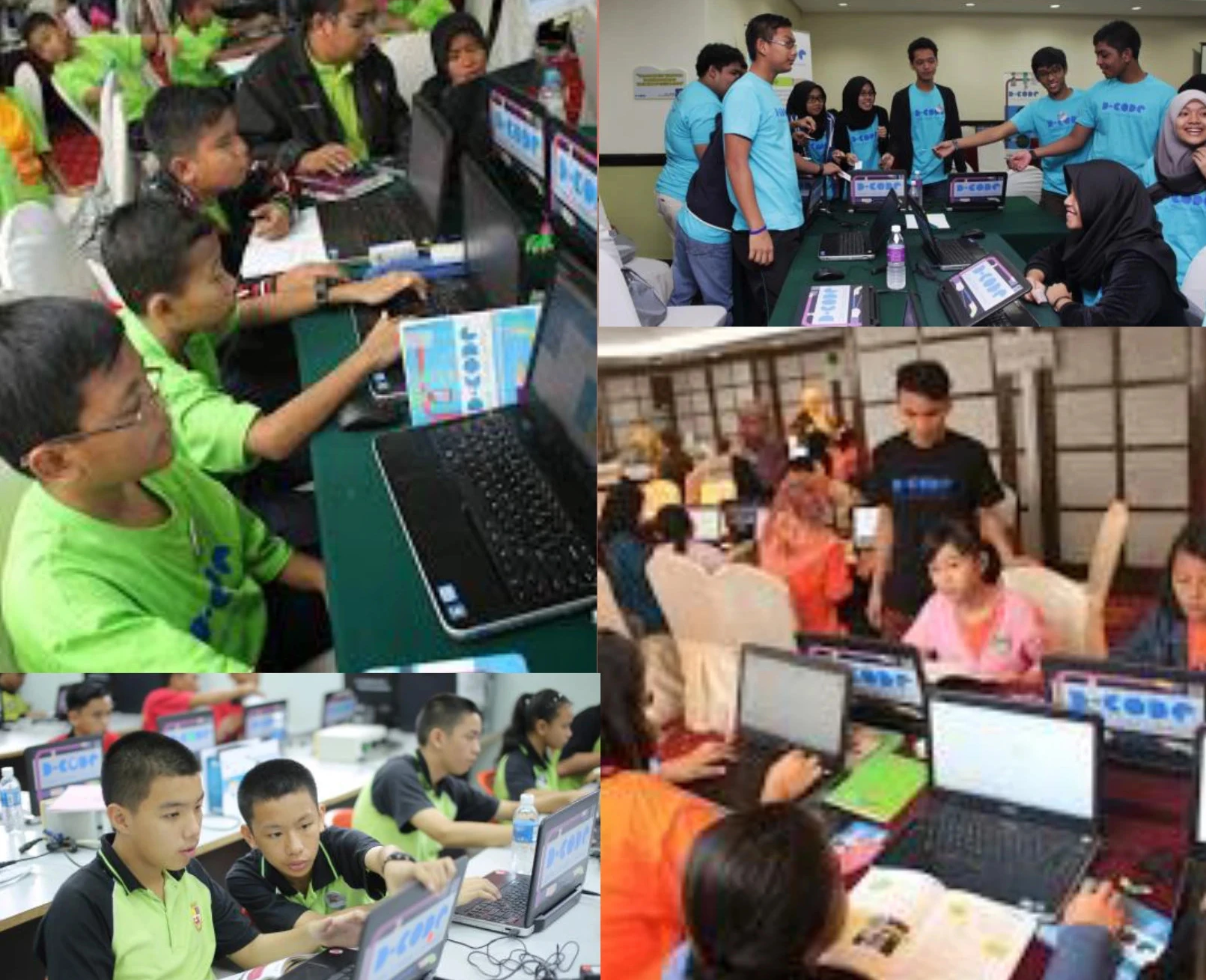
This was followed by several other key events and initiatives to spur the entrepreneurial spirit, many of these occurring for the first time in Malaysia. These were:
These events energized the ecosystem and helped create a pipeline of young entrepreneurs who were inspired to dream big and embark on their entrepreneurial journeys and also connected them to other youth entrepreneurs in Malaysia and around the world.
- Startup Weekend –the first ones in Malaysia, Singapore & Jakarta -2012
- The D-Code Bootcamp-2013
- The Global Startup Youth-2013
These events energized the ecosystem and helped create a pipeline of young entrepreneurs who were inspired to dream big and embark on their entrepreneurial journeys and also connected them to other youth entrepreneurs in Malaysia and around the world.
This was in tandem with what was happening globally in the entrepreneurial landscape. This global trend has been described well in a Jan 2014 Special Report on Tech Startups by the Economist, where they drew an analogy between the entrepreneurial growth and the Cambrian explosion.
The Global Startup Explosion
“About 540 million years ago something amazing happened on planet Earth: life forms began to multiply, leading to what is known as the “Cambrian explosion”. Until then sponges and other simple creatures had the planet largely to themselves, but within a few million years the animal kingdom became much more varied.”
The publication then drew a parallel: "...something similar is now happening in the virtual realm: an entrepreneurial explosion driven by cheap and ubiquitous building blocks for digital products and services.”
Source: https://www.economist.com/special-report/2014/01/16/a-cambrian-moment
While the transition to the knowledge economy in Malaysia was happening, the lament on the skills gap continued including the lack of an entrepreneurial mindset. It was time for StartupMalaysia to re-focus its efforts to address this gap.
The Global Startup Explosion
“About 540 million years ago something amazing happened on planet Earth: life forms began to multiply, leading to what is known as the “Cambrian explosion”. Until then sponges and other simple creatures had the planet largely to themselves, but within a few million years the animal kingdom became much more varied.”
The publication then drew a parallel: "...something similar is now happening in the virtual realm: an entrepreneurial explosion driven by cheap and ubiquitous building blocks for digital products and services.”
Source: https://www.economist.com/special-report/2014/01/16/a-cambrian-moment
While the transition to the knowledge economy in Malaysia was happening, the lament on the skills gap continued including the lack of an entrepreneurial mindset. It was time for StartupMalaysia to re-focus its efforts to address this gap.
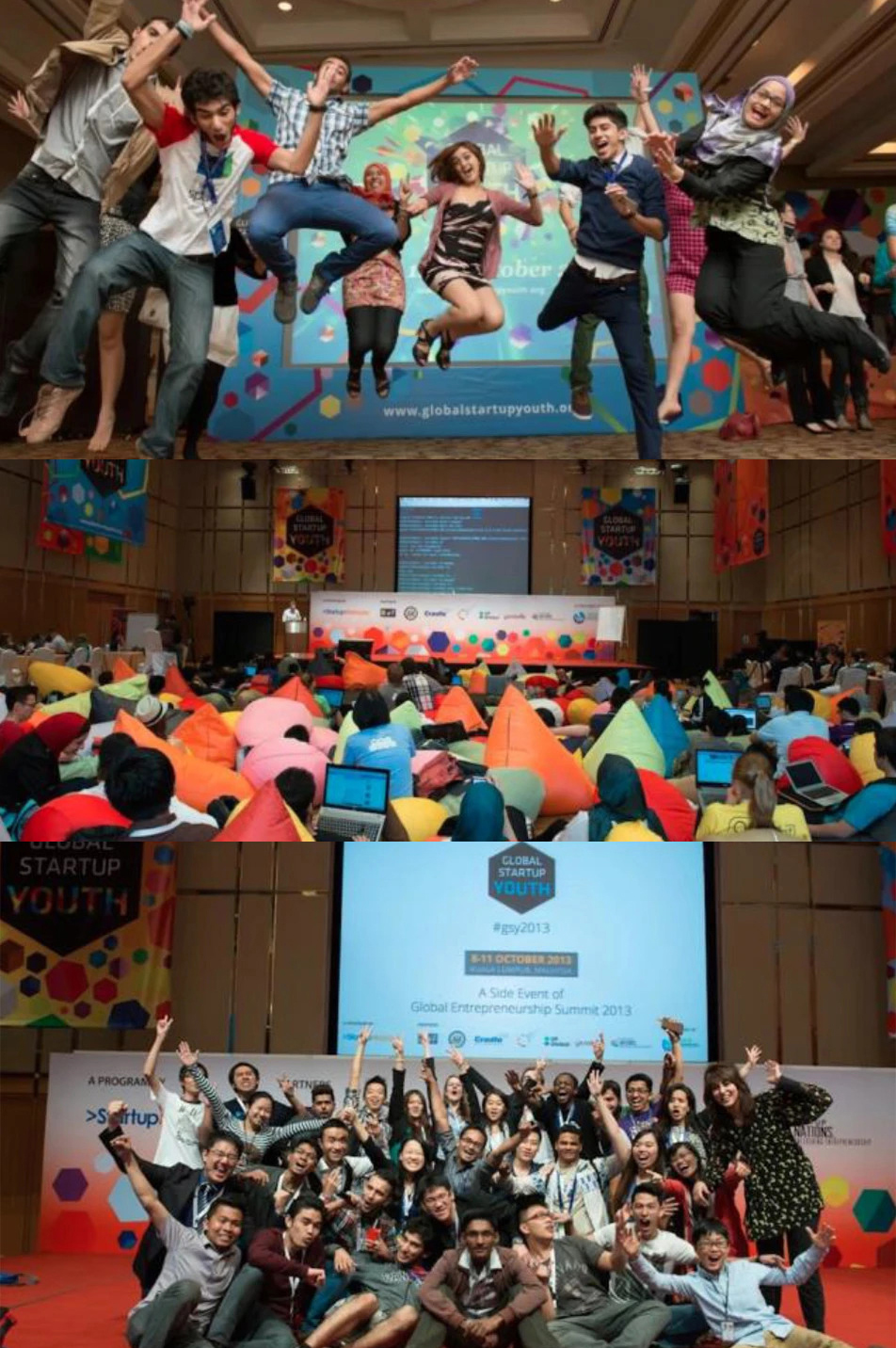
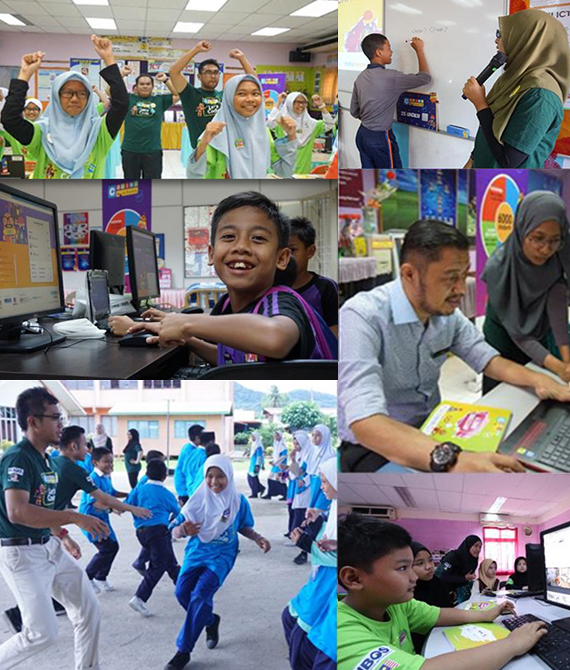
StartupMalaysia 2.0: Building Grassroot Capabilities 2013-2024
Startup Malaysia became more actively involved in building grassroot capabilities in entrepreneurs.
Our capacity and capability building programs in the areas of entrepreneurship, innovation and technology touched a wide audience - across geographical demographics and age ranges.
From primary schools to universities to towns and villages (kampungs) all over Malaysia, we worked with the Government and various agencies to spark the spirit of entrepreneurship in both young and old.
Together with the Government of Malaysia, Startup Malaysia started a nationwide program to teach children how to code through the D-Code (2013) and Coding at Schools (2016-2017) initiatives that reached approximately 10,000 primary and 2,000 secondary school students. The programs not only taught students coding but also incorporated design thinking for problem solving to create small projects. This helped spark problem solving and innovation among the young students.
Startup Malaysia became more actively involved in building grassroot capabilities in entrepreneurs.
Our capacity and capability building programs in the areas of entrepreneurship, innovation and technology touched a wide audience - across geographical demographics and age ranges.
From primary schools to universities to towns and villages (kampungs) all over Malaysia, we worked with the Government and various agencies to spark the spirit of entrepreneurship in both young and old.
Together with the Government of Malaysia, Startup Malaysia started a nationwide program to teach children how to code through the D-Code (2013) and Coding at Schools (2016-2017) initiatives that reached approximately 10,000 primary and 2,000 secondary school students. The programs not only taught students coding but also incorporated design thinking for problem solving to create small projects. This helped spark problem solving and innovation among the young students.
We also worked with youth through 2 key initiatives, 1MET and University Entrepreneurship Masterclass.
1MET involved organising a series of short 1–2-day bootcamps in partnership with the Government and various state agencies to help youth throughout the nation learn the rubrics of new venture creation – be it a micro enterprise or a tech startup.
The University Entrepreneurship Masterclass in turn was to expose university students to cutting edge knowledge on the latest thinking on entrepreneurship and business creation. These programs catalyzed many youth and grassroot ventures.
1MET involved organising a series of short 1–2-day bootcamps in partnership with the Government and various state agencies to help youth throughout the nation learn the rubrics of new venture creation – be it a micro enterprise or a tech startup.
The University Entrepreneurship Masterclass in turn was to expose university students to cutting edge knowledge on the latest thinking on entrepreneurship and business creation. These programs catalyzed many youth and grassroot ventures.
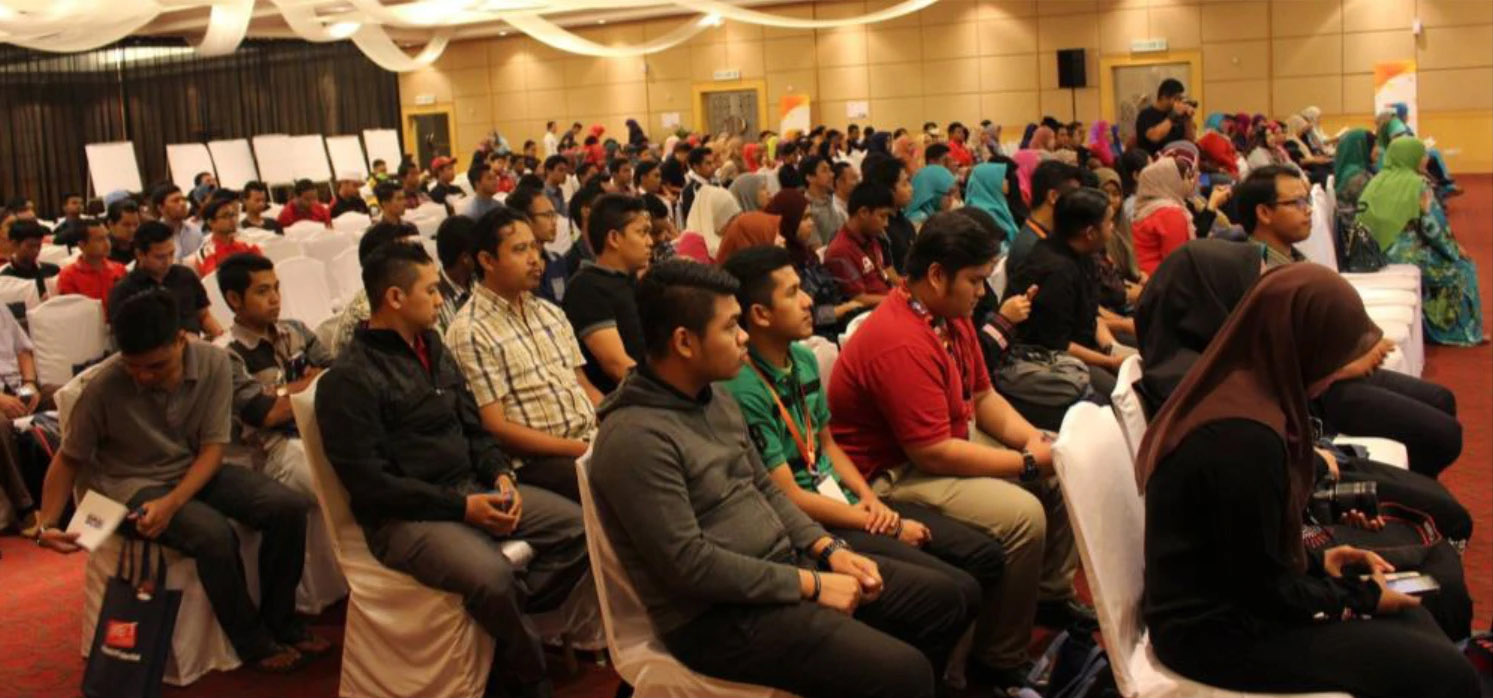
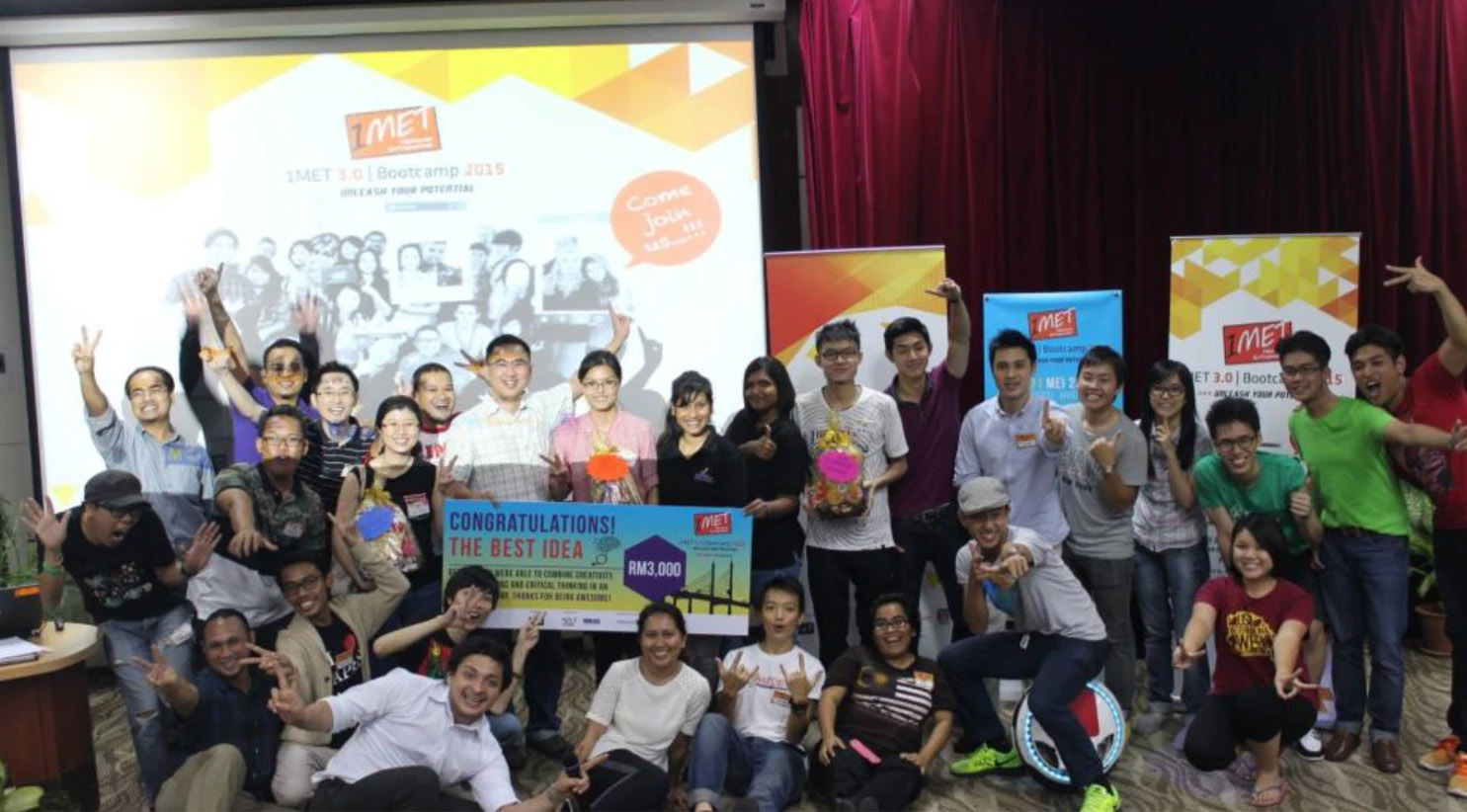
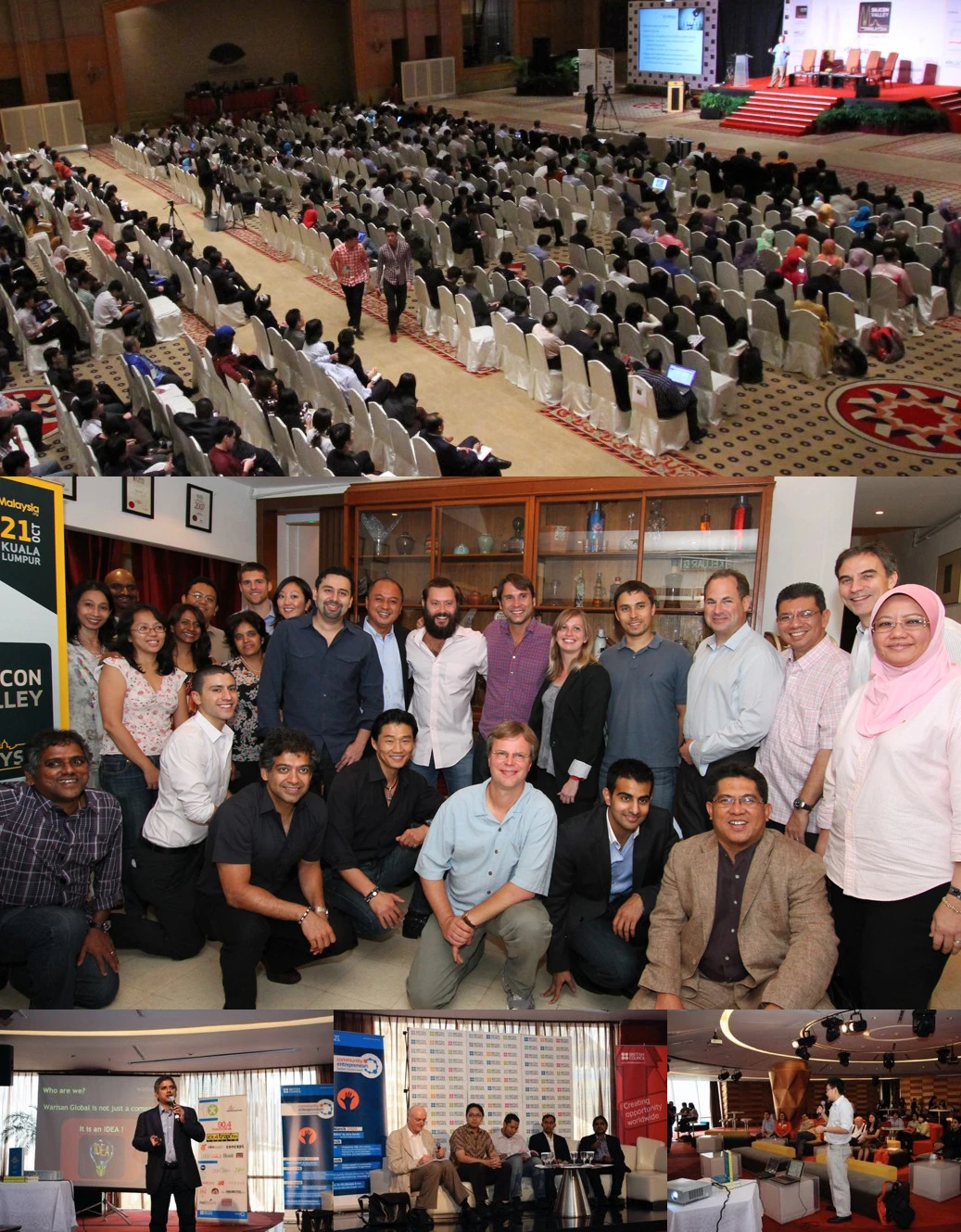
During this period Startup Malaysia was also working with the Government and other stakeholders and ecosystem players in some of their significant initiatives such as the setting up of MaGIC (the Malaysian Global Innovation Centre) in Cyberjaya.
Startup Malaysia continuously worked closely with the stakeholders of the ecosystem including the government towards making the organization of the Global Entrepreneurship Summit in Malaysia (2013) and the eventual visit of President Obama in 2014 a success.
During the pandemic, StartupMalaysia partnered with International NGOs and some global tech giants to spread tech skills to SMEs and Micro SMEs to support them to rethink and reimagine their businesses to better navigate the new challenges. These programs collectively reached nearly 30,000 youth and grassroot entrepreneurs nationwide.
Since we began in 2011, StartupMalaysia would have touched about a million Malaysians through its various initiatives.
At StartupMalaysia, we have continuously been at the forefront of nurturing this broader vision of entrepreneurship staying true to our mission; “Enable Entrepreneurship” and significantly impacted Malaysia’s entrepreneurial landscape since 2011.
Startup Malaysia continuously worked closely with the stakeholders of the ecosystem including the government towards making the organization of the Global Entrepreneurship Summit in Malaysia (2013) and the eventual visit of President Obama in 2014 a success.
During the pandemic, StartupMalaysia partnered with International NGOs and some global tech giants to spread tech skills to SMEs and Micro SMEs to support them to rethink and reimagine their businesses to better navigate the new challenges. These programs collectively reached nearly 30,000 youth and grassroot entrepreneurs nationwide.
Since we began in 2011, StartupMalaysia would have touched about a million Malaysians through its various initiatives.
At StartupMalaysia, we have continuously been at the forefront of nurturing this broader vision of entrepreneurship staying true to our mission; “Enable Entrepreneurship” and significantly impacted Malaysia’s entrepreneurial landscape since 2011.
StartupMalaysia 3.0: Enabling Entrepreneurship 2024 onwards
"Entrepreneurship is neither science nor art. It is a practice."
- PETER DRUCKER
In a world rapidly evolving through technological advancements and global interconnectedness, the narrative of entrepreneurship is undergoing a transformative shift. No longer confined to the realm of starting new businesses, entrepreneurship is now recognized as a critical life skill that every individual must harness.
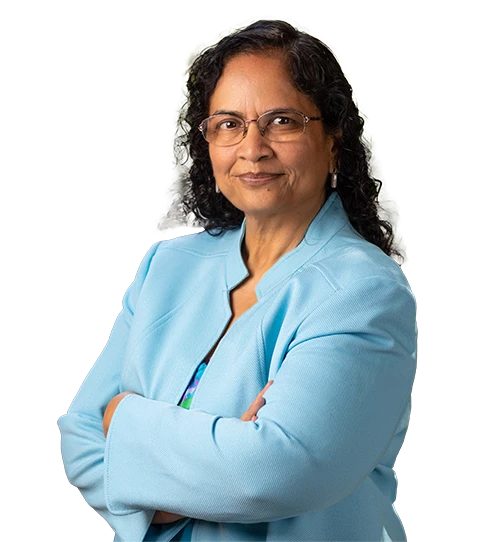
A student of entrepreneurship, Dash has, in the last 2 years, had the rare privilege to gain a front seat view of the seismic shift happening in the entrepreneurship landscape through his involvement with Prof Dr. Saras Sarasvathy and her group of entrepreneurship thought leaders, educators and researchers from around the world.
Prof. Dr. Saras is the creator of the Effectual approach to entrepreneurship for which she won the highest recognition for research in the field of entrepreneurship, the 2022 Global Award for Entrepreneurship Research.
Prof. Dr. Saras is the creator of the Effectual approach to entrepreneurship for which she won the highest recognition for research in the field of entrepreneurship, the 2022 Global Award for Entrepreneurship Research.
A matured ecosystem deserves new thinking and a new approach to building entrepreneurs and new businesses that are enduring.
As a way of introducing this new approach, Dash has invited Prof Dr. Saras to Malaysia to lead a Thought Leadership Forum organised by StartupMalaysia titled :

The series of programs will be held from October 21 to October 25 2024 and will include workshops, Masterclasses as well as panel discussions to engage and impart to the participants the latest thinking on entrepreneurship and its approaches.
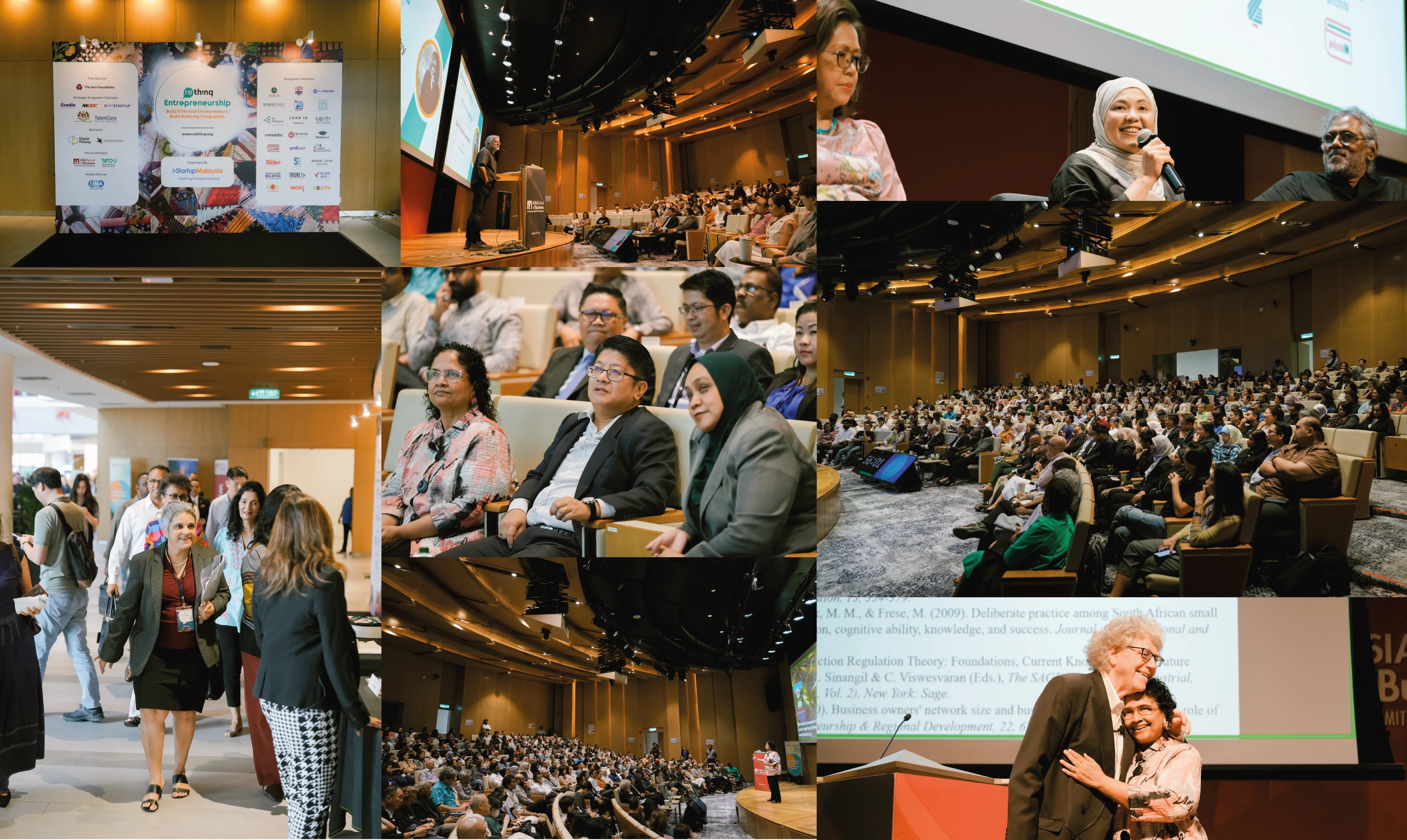
If you wish to participate or support Rethinq in any way, do get in touch with us at info@startupmalaysia.org.
Watch this space for more details in the coming weeks and follow us on our journey in this avatar!
Note: The views and history of the startup ecosystem here is that of the founder, Dash Dhakshinamoorthy. If the reader has any comments, suggestions or information, kindly email dash@startupmalaysia.org.
Past Programs













